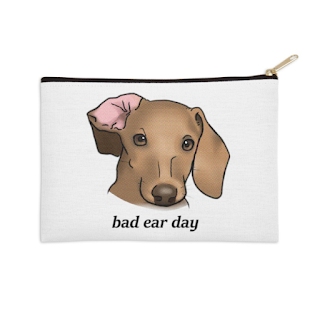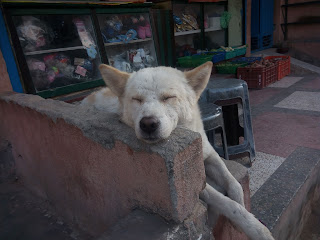Family Vocab
In English, there are only a few names for family members. For example, our father's brother and our mother's brother are both called the same thing: "uncle." But in Nepali the words and titles used for family are much more specific, which can make it difficult for a beginner! In addition, strangers are also addressed by "family" names: the lady you buy your veggies from is your 'older sister,' the kid that lives on your block is your 'little brother,' and the older woman who asks you for directions is your 'auntie.' There are no words for "excuse me" as we would use it in English to address a stranger - it's literally almost required for you to call someone as though they are a family member! In regards to actual relatives, there are so many different words for so many different members of the family that it's almost impossible to list them all in once place. Here is a partial list of words to get you started: ...





